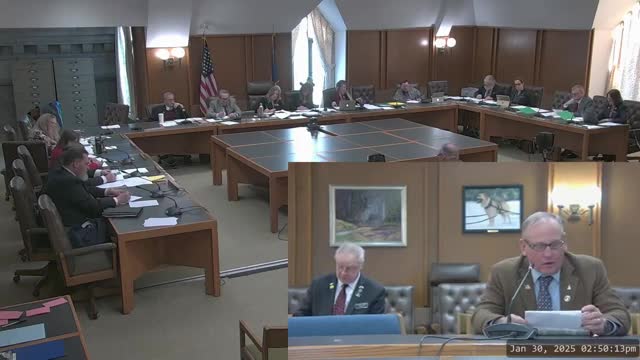Article not found
This article is no longer available. But don't worry—we've gathered other articles that discuss the same topic.
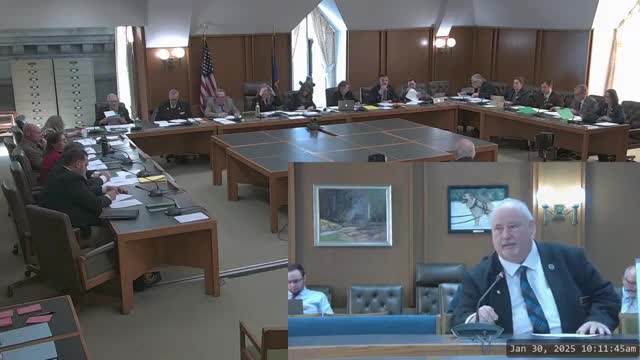
Committee debates giving voters both original and amended warrant articles at the ballot; opponents warn of voter confusion
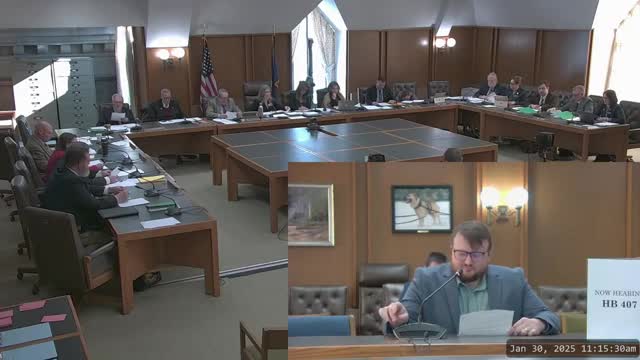
Representative proposes 15% turnout minimum to approve town ballot spending; advocates and municipal leaders clash
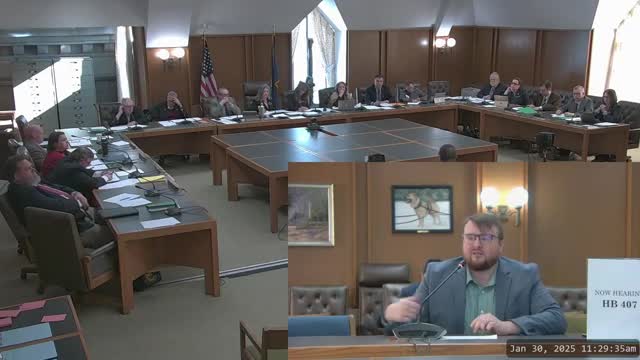
Committee hears broad support for treating certified recovery houses as residential; municipal and legal groups raise zoning questions
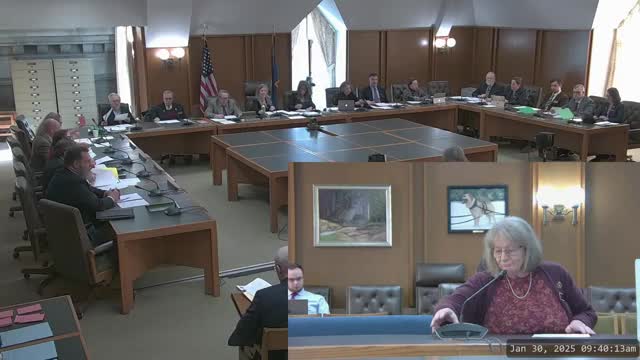
Committee hears support for widening agricultural noise exemptions; bill framed as technical fix
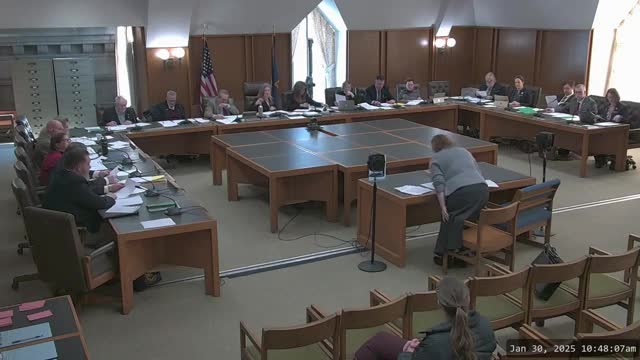
Bill to narrow municipal public-health ordinance powers draws split testimony; health officers oppose change
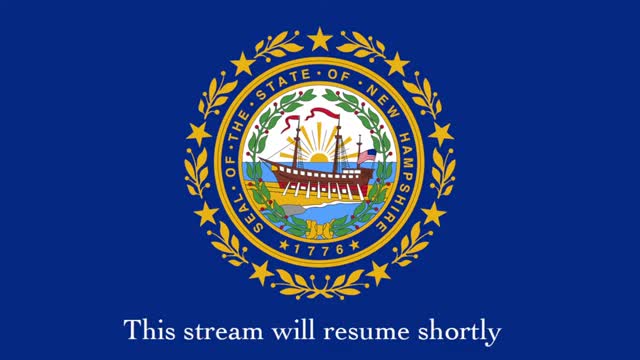
Votes at a glance: Municipal & County Government Committee executive actions, Jan. 30, 2025
